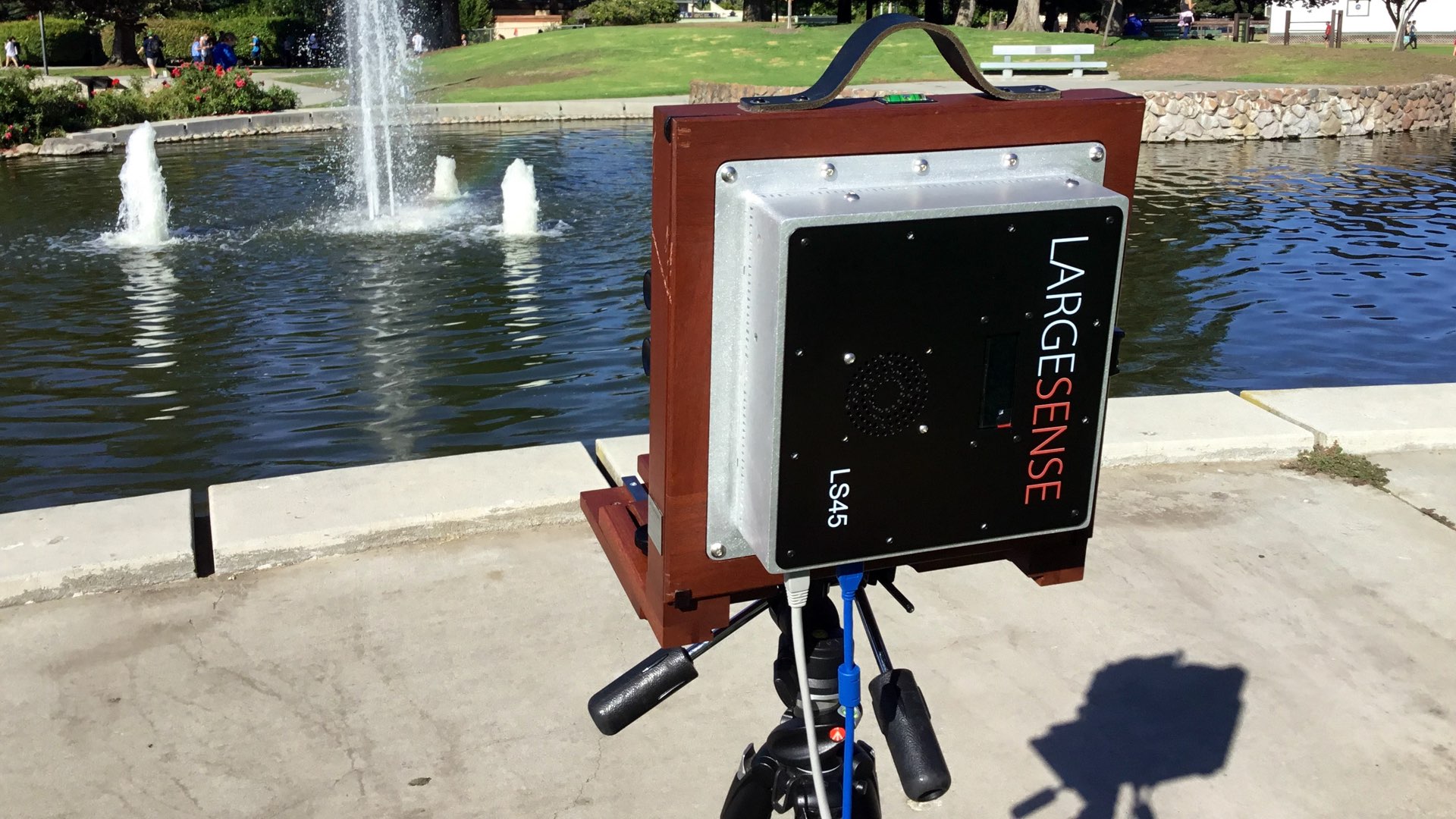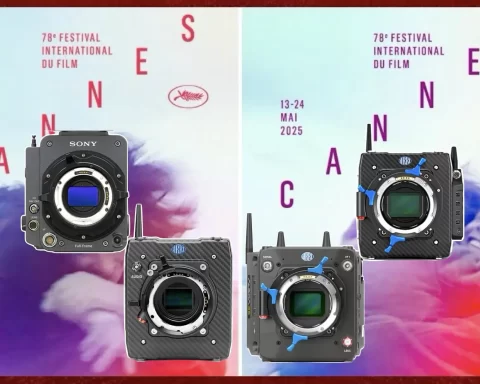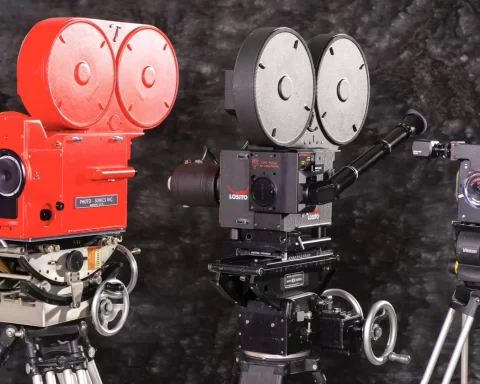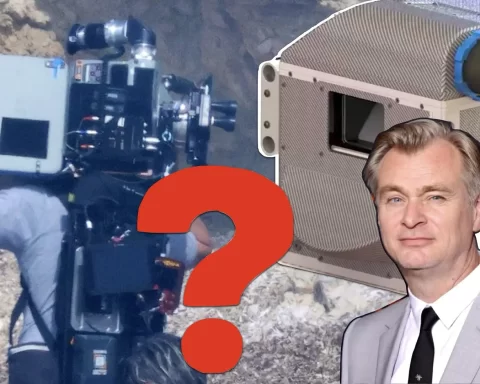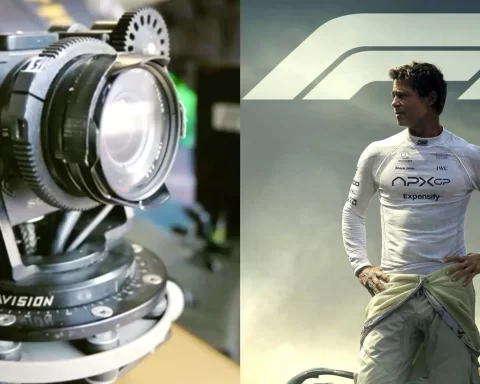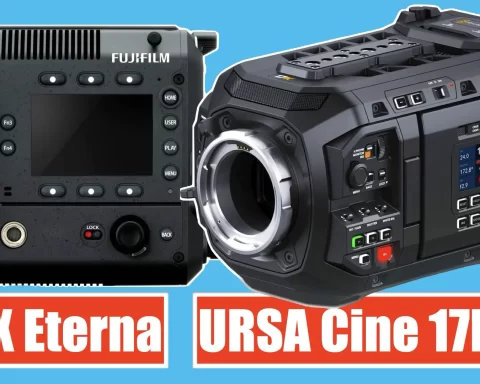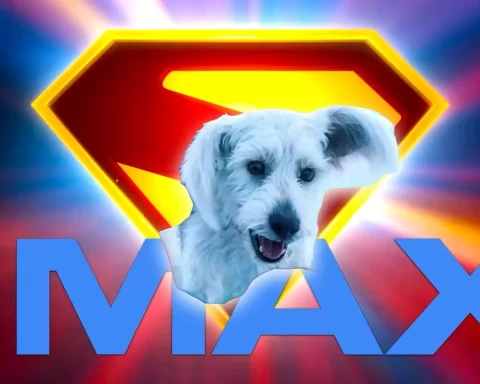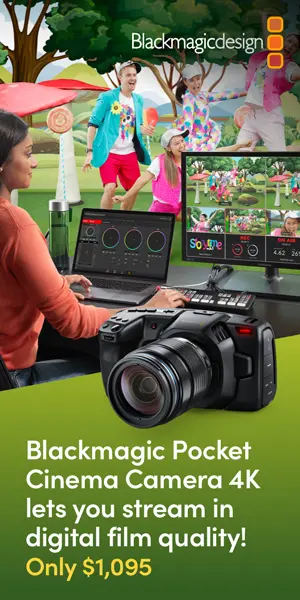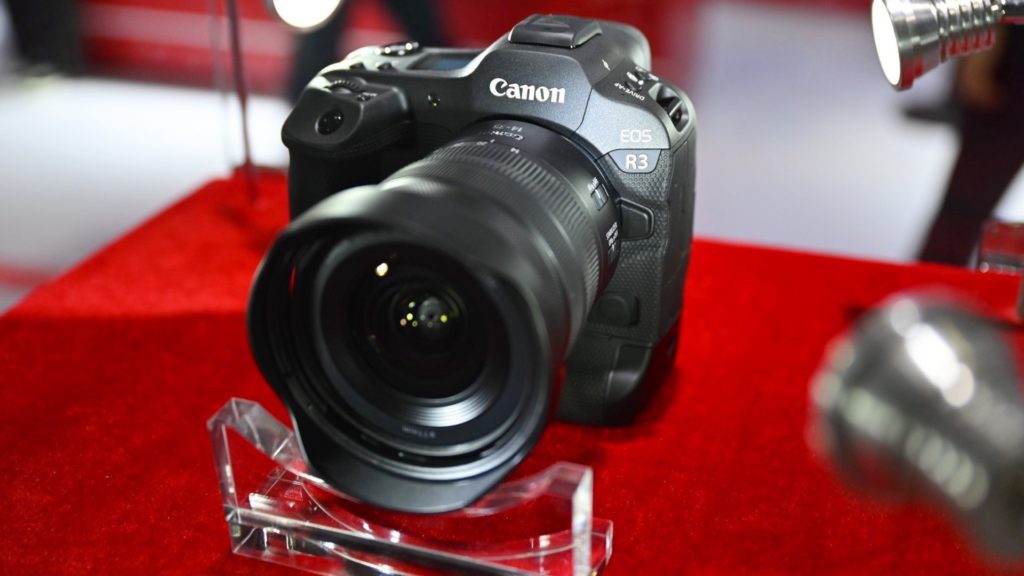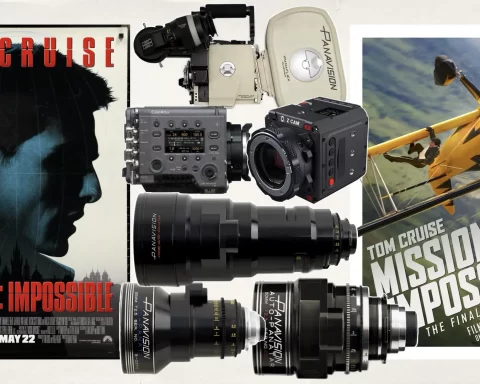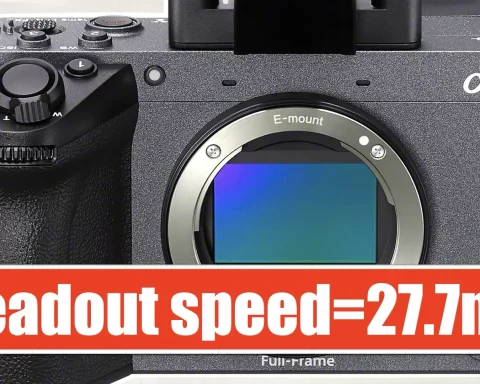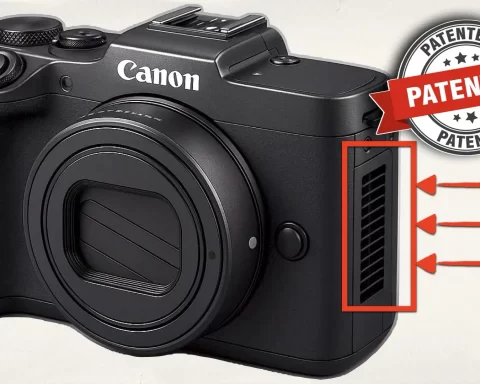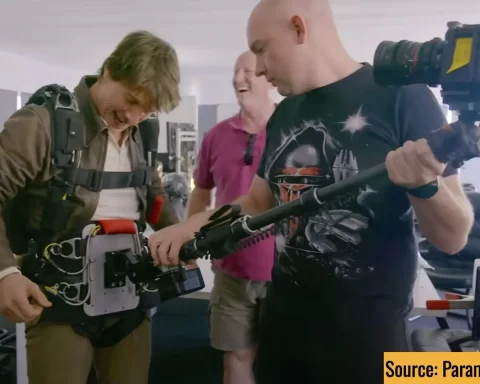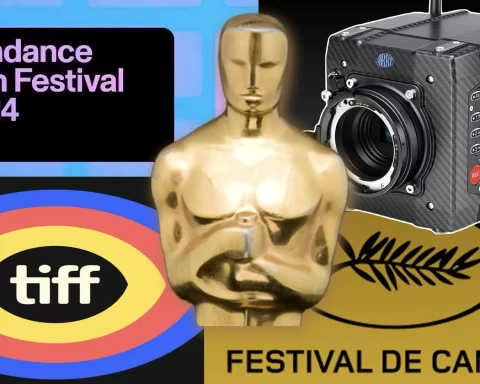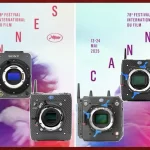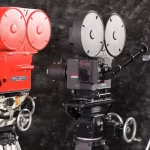There’s no doubt that the LS45 presents a new approach in large format cinematography. This extremely large sensor camera (Sensor Size of 140mmX120mm) that was invented by LargeSense Founder Bill Charbonnet, can shoot RAW at a bit rate of 390 MB/s with a sensor size that is about fourth time larger than IMAX. We interviewed Charbonnet to get more details about the specs, workflow, concept, and pricing. Read on to find out.
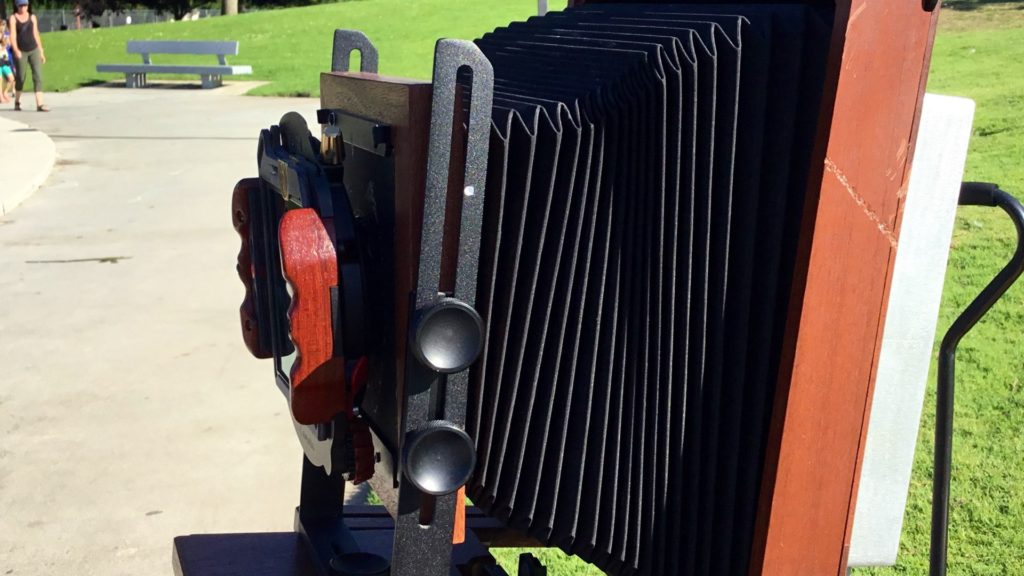
LS45: Sensor Size of 140mmX120mm
The LS45 was presented a few days ago. Make sure to read our article: Meet the World’s Largest Sensor Camera That Shoots RAW: The LS45 (Sensor Size of 140mmX120mm). The LS45 was invented by Bill Charbonnet who is the founder of LargeSense, a company that specialized in large format imagery. However, this is not a camera for everyone for many reasons. Or should I say it constitutes a new approach for large format cinematography, by changing the way we capture images. Thus, we interviewed Charbonnet in order to shed more light on this intriguing camera.
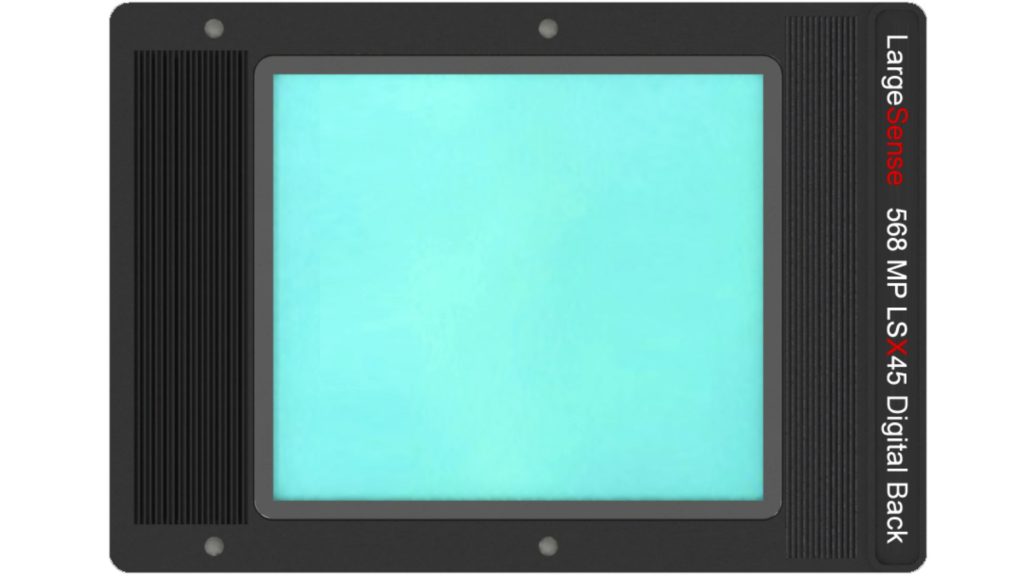
The born of the LS45
Y.M.Cinema Magazine: What made you develop a camera with that huge sensor?
Charbonnet: I noticed I was getting older so I decided to make a list of what I wanted to get done in my life. One of the possible projects I could do was make a large format digital camera. I had tried auto panos, handheld panos, recording a large format projected image, medium format, and so on. Nothing really is as nice as an actual digital large format with a big sensor. I have some sheet film (large format and medium format photographic film supplied on individual sheets of acetate or polyester film base rather than rolls) in the fridge that I haven’t touched.
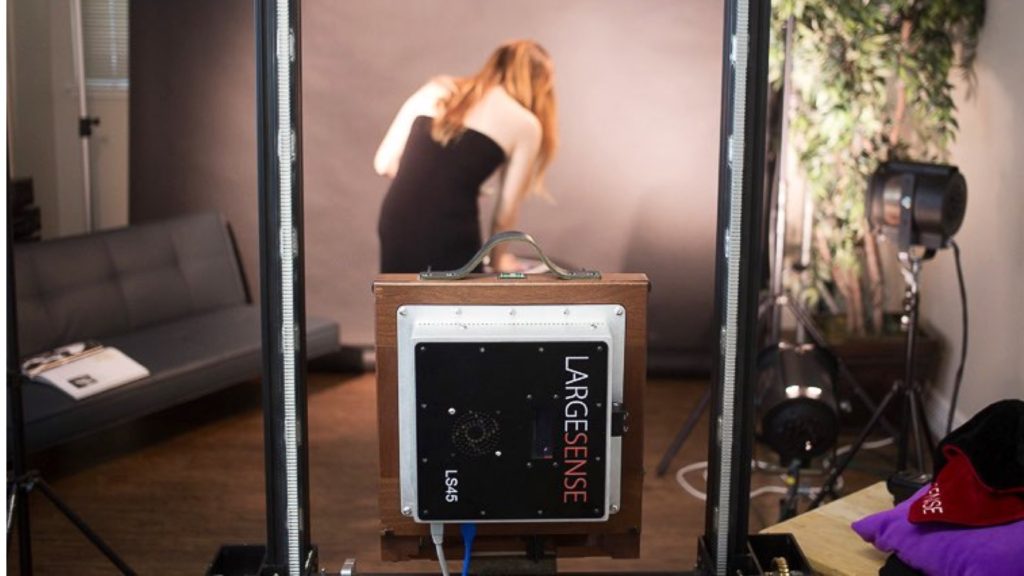
For video, it is great since you have oversampled 4k video which is the minimum now.
Videography applications
Y.M.Cinema Magazine: Did you use the LS45 for videography applications? If so, can you show us the results?
Charbonnet: I have been using the LS45 for video testing. We’re still finishing up some aspects of the video. I’ll update more videos soon, we have been busy getting the monochrome and still features ready for sale.
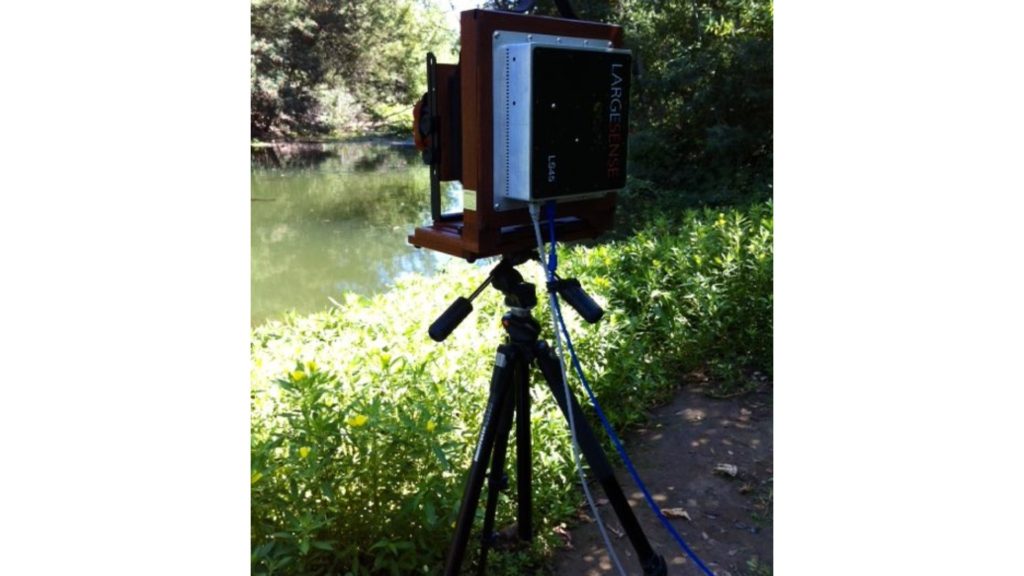
The monochrome engineering DR is 12.2 with ISO 250. ISO 2000 is 11.65 stops.
RAW output and workflow
Y.M.Cinema Magazine: What kind of RAW the LS45 output? And how do you open the files? (NLE compatibility…?)
Charbonnet: We output DNG as well as our LSR1 which is a full raw format. LSR1 has the raw sensor readout, the defect map, a dark noise image, a flat field, and our EXIF information. We have advanced flat field corrections, such as our dust removal. Dust removal can be slow so you may do it later on a PC. We have our own Windows-based software for processing LSR1 files. Included in our software is a deep learning enlarger which works great. Images are around 4 times the pixels and it looks as good visually as a native capture. The enlarger can make use of Nvidia GPUs for faster operation. If you are processing thousands of frames you would want to speed up the process. For video, it is great since you have oversampled 4k video which is the minimum now. Typically we output still frames such as 16 bit TIFF. Resolve takes 16-bit TIFFs just fine but for Premiere won’t. We have an 8-bit MP4 output but for the best quality, you can take TIFFs or DNGs. We’ll keep adding features later and listen to customer input.
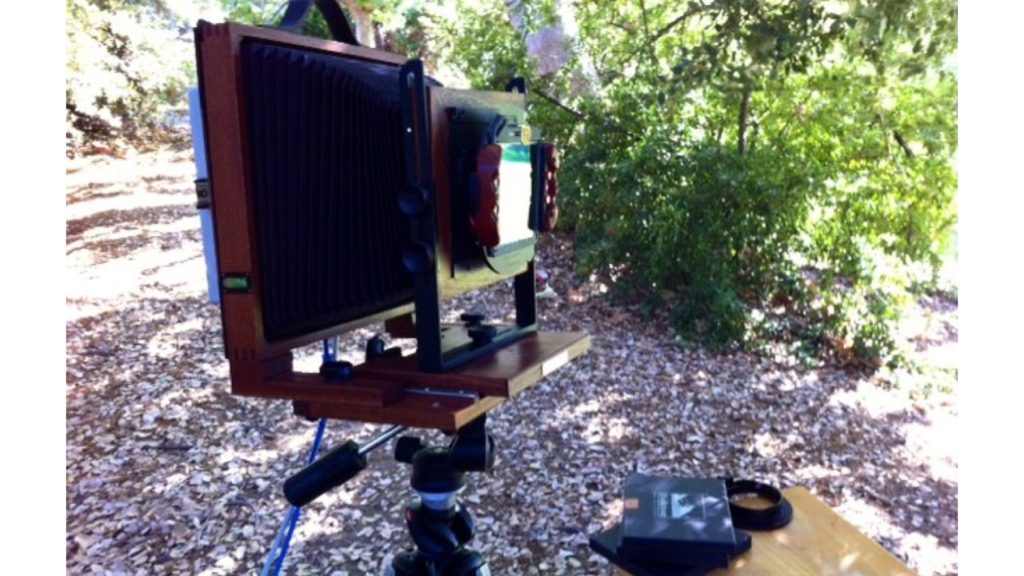
Dynamic range
Y.M.Cinema Magazine: What’s the dynamic range of the camera?
Charbonnet: The monochrome engineering DR is 12.2 with ISO 250. ISO 2000 is 11.65 stops.
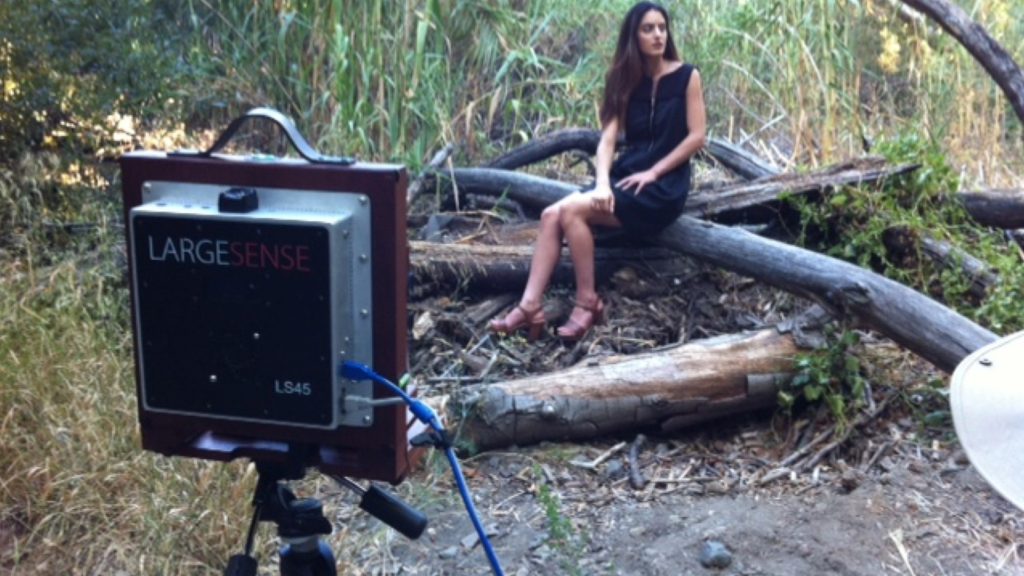
The booting time is a bit more than 1 minute. The sensor has passive cooling and should not self-destruct from overheating.
Pricing
Y.M.Cinema Magazine: What is the price of the camera, also what’s included?
Charbonnet: The LS45-M is US$26,000 in the USA which has 9% tax if sold in Santa Clara. The expected price of color is US$30,000 After the next color batch we’ll have a better idea of the pricing. Outside the USA we expect a bit higher pricing. We include the Back, Base, 2m or 78 inches of connecting cables, and a power cable. Also, we include a dark frame cloth, dark frame box, LED light panel with a diffuser (outside the USA you need 4 AA batteries). We include filter glass for visible light. Outside the USA you may need to buy your own power cable or a mechanical adapter.
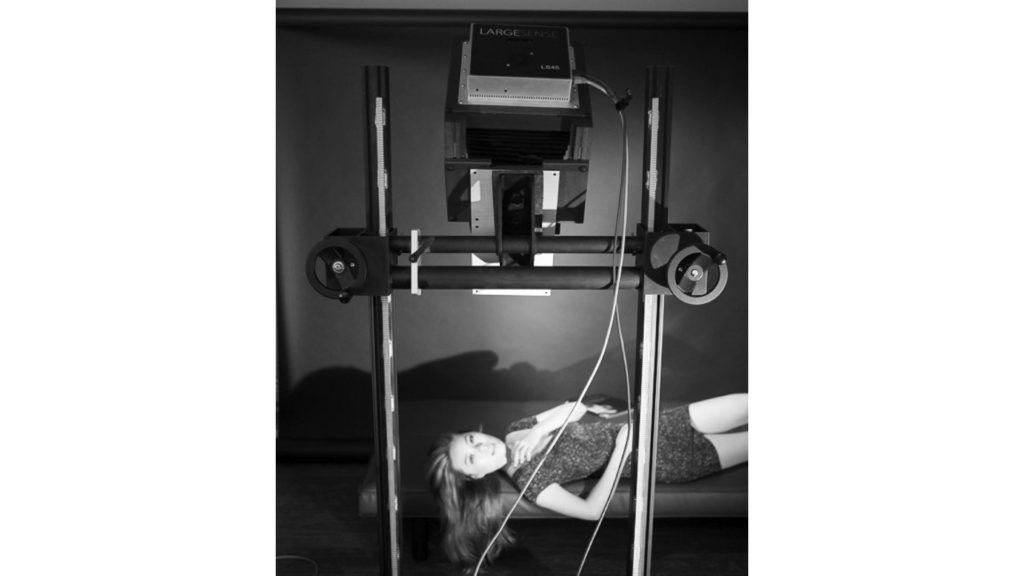
You will also need a tablet or PC to operate the camera. You will need a Gold Mount battery if you want to use the battery option.
We do not include a camera or lens. If you have the Graflok back option it should fit on your camera easily. (Make sure it is secure so it doesn’t fall to the floor!) For custom mounting, you may need to pay for some extra work if we mount for you. You will also need a tablet or PC to operate the camera. You will need a Gold Mount battery if you want to use the battery option. It is not required, but you will want a Windows-based PC to run our software.
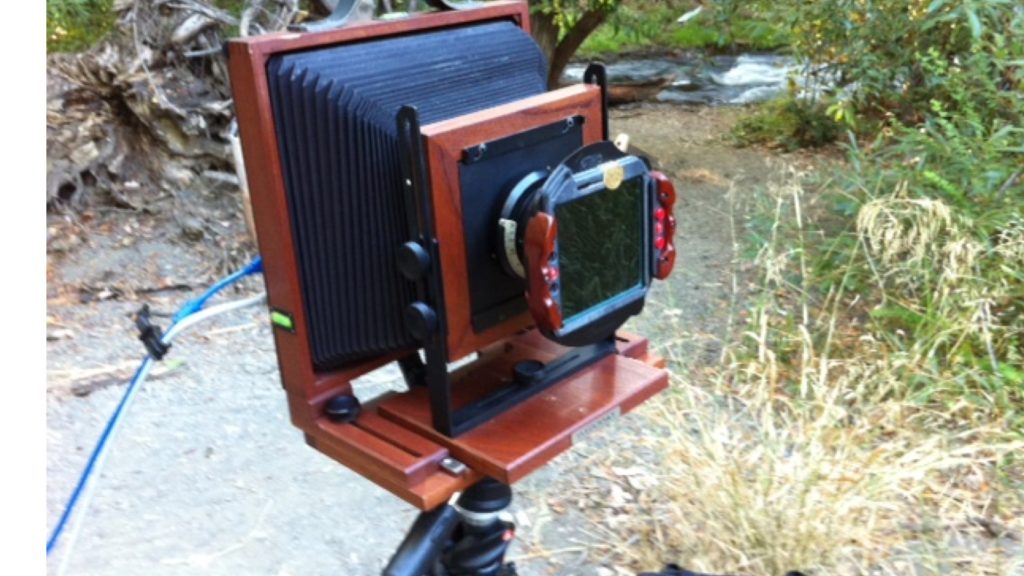
Booting time, sensor temp’ limitation, and more
Y.M.Cinema Magazine: Please elaborate on more specs (booting time, the temp of operation and etc).
Charbonnet: The booting time is a bit more than 1 minute. The sensor has passive cooling and should not self-destruct from overheating. The noise increases as heat increases. The key would be outside to keep the sun from heating it up, you may need to cover it with a shade. I notice black aluminum heats up quickly in the sun to the point where it is too hot to touch. The system has been used at 100 deg F (37 deg C) without a problem. There are parts of the earth such as Death Valley in summer which can get very hot, and we have not tested it there, but just use common sense.
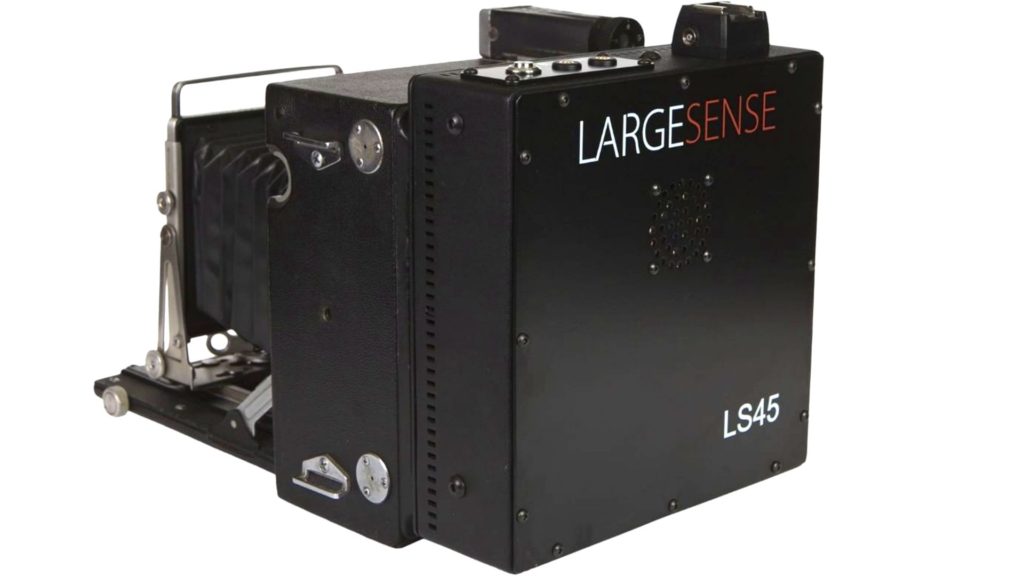
Summary
In simple words, the LS45 is not for everyone. Basically, you buy the sensor ($30,000), attach it to Graflok back, connect a Windows tablet, lens, and power source, and you’re all set to shoot a huge format. As mentioned at the beginning of the article, is a whole new concept of filmmaking, especially if you are eager for very artistic imagery that no other camera can produce. Nevertheless, I can see how this method/concept is being developed further and facilitated to allow implementation on mainstream productions. It will take time though.
What do you think about the LS45? Do you see yourself using it in your production?

